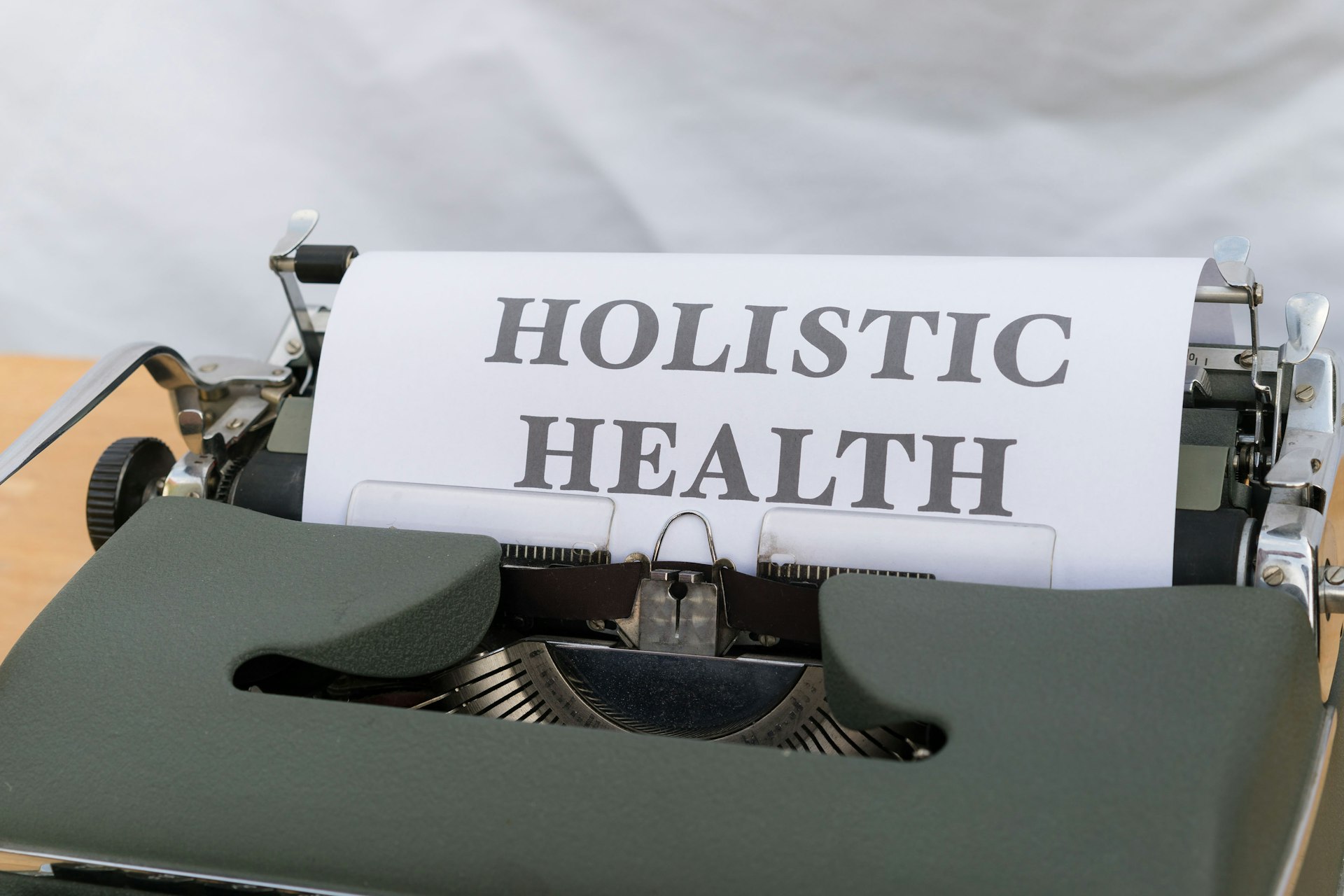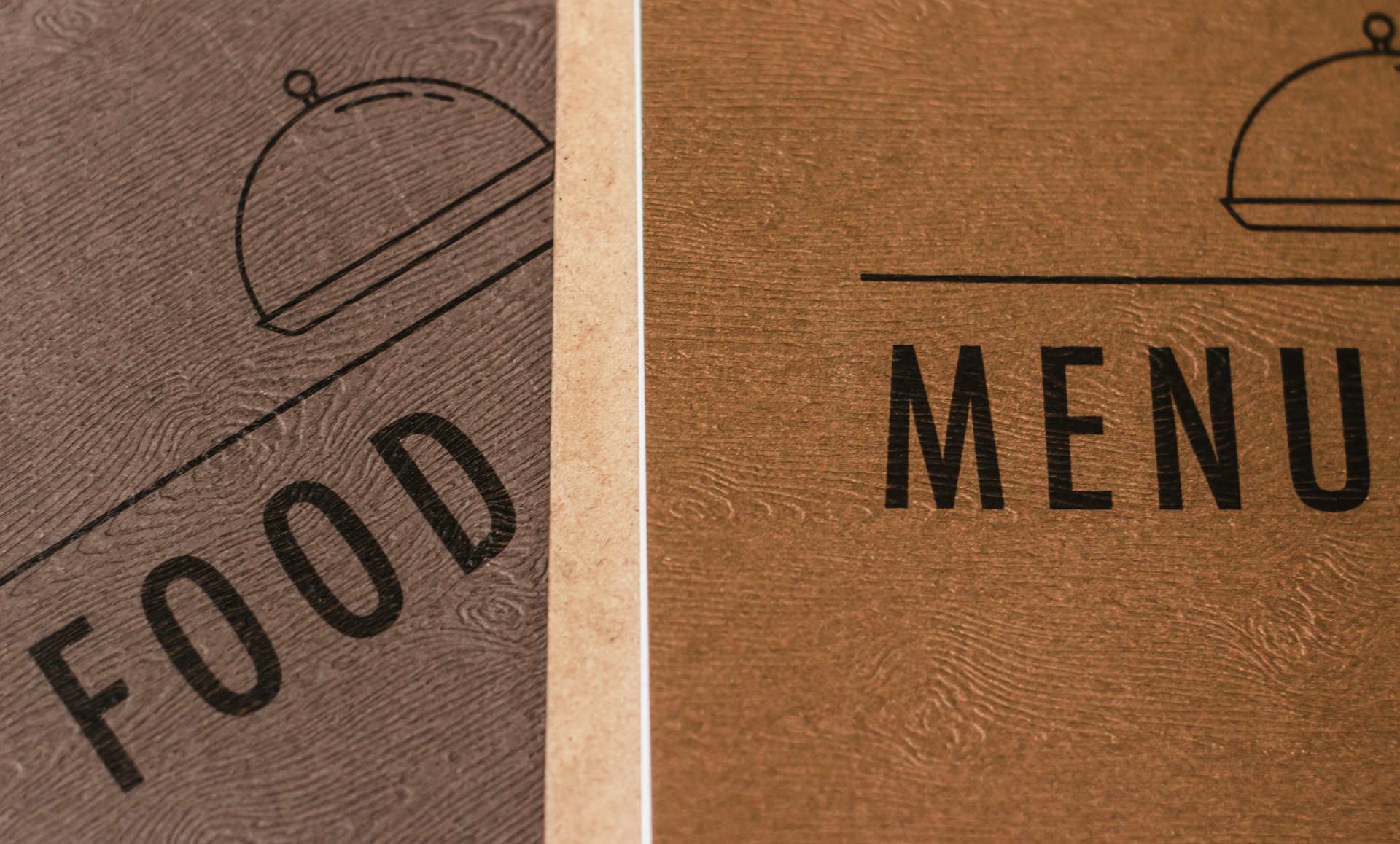Recovering from Food Poisoning: Essential Steps, Foods to Avoid, Legal Options, and Key Facts

Photo by Francisco Orantes on Unsplash
Understanding Food Poisoning: Causes, Symptoms, and Onset
Food poisoning, also known as foodborne illness, is caused by consuming contaminated food or beverages. Bacteria, viruses, parasites, or toxins can all be responsible for triggering symptoms such as nausea, vomiting, diarrhea, stomach cramps, and fever. Common pathogens include
Salmonella
,
Campylobacter
,
Norovirus
,
E. coli
, and
Staphylococcus aureus
[2]
[3]
.
The onset of food poisoning symptoms varies depending on the causative agent. For example,
Staphylococcus aureus
can cause symptoms within 30 minutes to 8 hours, while
Salmonella
may take 6 hours to 6 days, and
Listeria
up to two weeks. Most cases begin within a few hours to a few days after eating contaminated food
[3]
.

Photo by Augustine Wong on Unsplash
Can You Have Food Poisoning Without Vomiting?
Although vomiting is a common symptom, it is not universal. Food poisoning can manifest as diarrhea, stomach pain, fever, headache, or simply feeling unwell without any vomiting. The exact symptoms depend on the organism and individual susceptibility. For some, diarrhea, abdominal discomfort, or mild nausea may be the primary complaints [2] .
Severe cases can involve neurological symptoms such as blurred vision, tingling, or weakness. If you experience these, or if your symptoms persist beyond a week or are especially severe, seek medical attention promptly [1] .
How Long Does Food Poisoning Last?
Most people recover from food poisoning within a few days, with symptoms typically resolving between 12 to 48 hours for mild cases. However, depending on the specific pathogen, recovery may take up to a week. Lingering gastrointestinal sensitivity, known as post-infectious irritable bowel syndrome, can persist for some individuals, but most return to normal health with time [1] [2] .
What to Do if You Suspect Food Poisoning: Step-by-Step Recovery
1. Hydration is Crucial: Oral rehydration is the cornerstone of food poisoning recovery. Drink water, oral rehydration solutions (such as Pedialyte), or clear broths in small, frequent sips. Dehydration is a significant risk, especially if vomiting and diarrhea are present. For infants, continue breastfeeding or formula feeding with small, frequent feeds [2] [3] .
2. Rest and Monitor: Rest allows your body to focus on recovery. Monitor for warning signs such as inability to keep fluids down, blood in stool, persistent high fever, or symptoms lasting beyond a week. If you experience these, seek medical care immediately [1] .
3. Cautious Use of Medications: Avoid anti-diarrheal medications unless directed by a healthcare provider, as these can sometimes prolong illness by preventing the body from expelling toxins. Paracetamol (acetaminophen) may be used for discomfort, but avoid giving aspirin to children [2] .
What Not to Eat After Food Poisoning: Foods and Drinks to Avoid
After food poisoning, your digestive system is sensitive. Certain foods and drinks can worsen symptoms or delay recovery:
- Fatty or Spicy Foods: These can irritate the gut and should be avoided until your stomach settles.
- Dairy Products: Some people temporarily lose the ability to digest lactose after food poisoning. Avoid milk, cheese, and ice cream initially.
- Fruit Juices and Fizzy Drinks: These can worsen diarrhea and should be avoided. Stick to water, clear broths, or oral rehydration solutions [2] .
- Raw Vegetables and High-Fiber Foods: These may be difficult to digest and can aggravate symptoms.
Instead, gradually reintroduce bland, easily digestible foods such as the BRAT diet (bananas, rice, applesauce, toast) or other comfort foods you know you tolerate well. As you recover, slowly return to your normal diet based on your body’s response [1] .
Home Remedies and What You Can Take for Food Poisoning
The mainstay of managing mild food poisoning at home is supportive care:
- Oral Rehydration Solutions: Use products like Pedialyte, which are available at most pharmacies and can help replenish lost fluids and electrolytes [3] .
- Ginger-Based Supplements: Ginger tea or supplements may help reduce nausea, though individual results vary [1] .
- Peppermint Oil: Some find relief from abdominal discomfort with peppermint oil capsules or tea.
- Rest: Sleep and relaxation are important for recovery.
While some people use probiotics during or after illness, clinical evidence for their benefit is inconclusive. If you choose to use a probiotic, discuss with your healthcare provider to ensure it is safe and appropriate for you [1] .
Accessing Medical Care: When to Seek Help
Most food poisoning cases resolve without medical intervention. However, you should contact your healthcare provider or seek emergency care if you experience:
- Inability to keep down fluids for more than 24 hours
- Signs of dehydration (dizziness, dark urine, dry mouth)
- Blood in vomit or stool
- Persistent high fever (over 101.4°F or 38.5°C)
- Symptoms lasting longer than a week
- Severe abdominal pain, neurological symptoms, or if you are in a high-risk group (elderly, immunocompromised, pregnant)
For severe dehydration, intravenous fluids may be necessary and are available at hospitals or urgent care clinics [3] .
Legal Options: Can You Sue a Restaurant for Food Poisoning?
If you believe a restaurant caused your food poisoning, you may have legal recourse. Food safety regulations require establishments to serve safe food, and failing to do so can result in liability. Here is how you can proceed:
- Seek Medical Attention: Obtain a diagnosis and keep all medical records, as these are critical for any legal claim.
- Document Everything: Save receipts, note what you ate, and gather contact information for witnesses who dined with you.
- Report the Incident: Contact your local health department to file a report. Search for your city or county’s health department website or call their main office for instructions on reporting foodborne illness.
- Consult an Attorney: Seek a lawyer specializing in personal injury or food safety cases. Legal firms often offer free consultations for such matters. Search for “food poisoning lawyer” or “personal injury attorney” in your area for options.
You may be asked to provide evidence linking your illness to the restaurant, such as leftover food samples or reports of similar illnesses from other patrons. Outcomes depend on the strength of your documentation and local regulations. Not all cases result in compensation, but reporting helps prevent future incidents and may support others affected.
Preventing Food Poisoning in the Future
Prevention is key to avoiding future bouts of food poisoning. Always follow safe food handling practices at home, such as washing hands and surfaces, cooking foods to safe temperatures, and keeping raw and cooked foods separate. When dining out, choose reputable restaurants with good hygiene ratings and avoid foods that are undercooked or left unrefrigerated for extended periods.
Summary and Key Takeaways
Recovering from food poisoning involves rest, hydration, careful dietary choices, and monitoring for complications. Most cases resolve at home with self-care, but severe or prolonged symptoms warrant medical attention. If you suspect a restaurant is at fault, document your experience, report it to the health department, and consult a qualified attorney for advice. Stay informed and proactive to ensure your recovery and protect your health in the future.



